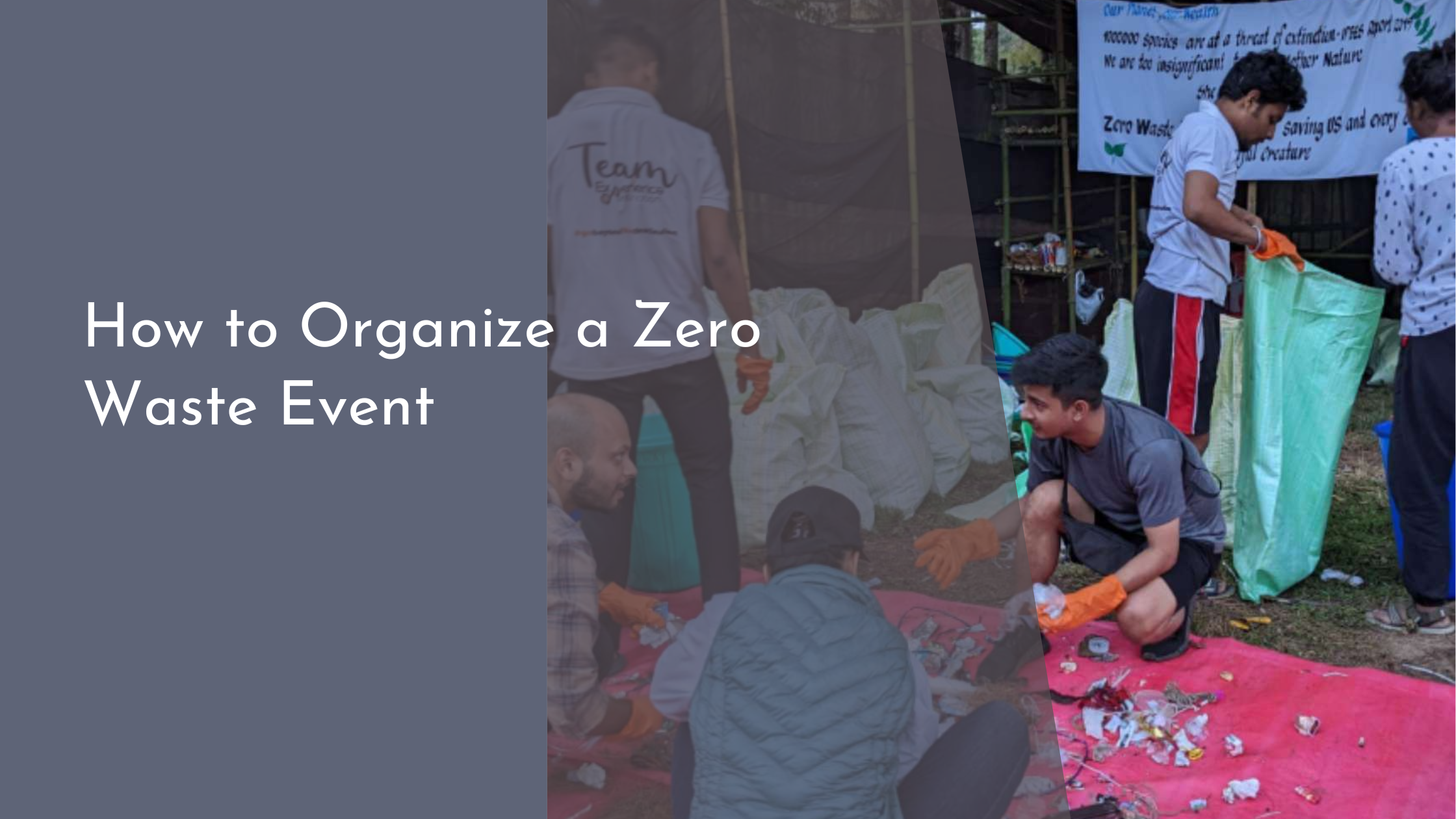How to Organize a Zero Waste Event
Organizing a zero waste event is not only an environmentally friendly choice but also a meaningful way to educate and inspire participants toward more sustainable living. By planning an event that minimizes waste, you contribute to a healthier planet while setting an example for future gatherings. In this article, we will guide you through the essential steps to host a successful zero waste event, from understanding the core principles of the philosophy to effectively educating your guests.
Understanding the Zero Waste Philosophy
The zero waste philosophy is more than a trend; it’s a comprehensive approach to reducing waste by rethinking how we produce and consume resources. At its core, zero waste aims to eliminate the concept of “waste” by ensuring that all products are reused, repaired, recycled, or composted. This philosophy encourages us to design processes and products that mimic nature’s cycles, where nothing is wasted, and everything serves a purpose. By embracing these principles, you contribute to a circular economy that values resource conservation and efficiency.
Adopting zero waste practices in event planning involves re-evaluating traditional methods and finding innovative solutions to minimize waste. This includes careful consideration of materials used, waste management strategies, and participant engagement. By understanding and applying the zero waste philosophy, you ensure that your event not only reduces its environmental footprint but also inspires attendees to incorporate sustainable practices into their daily lives.
Planning Your Zero Waste Event: Key Steps
The first step in planning a zero waste event is to set clear goals and objectives that align with zero waste principles. Start by determining the purpose of your event and identifying potential areas where waste could be reduced or eliminated. Consider the scale of your event and the resources you will need to achieve your zero waste goals. Create a detailed plan that outlines each stage of the event, including setup, execution, and cleanup, ensuring that all aspects prioritize waste reduction.
Engage with your team and stakeholders early on to ensure everyone is committed to the zero waste principles. Assign roles and responsibilities for key areas such as waste management, sourcing materials, and guest education. Establish a communication plan to keep everyone informed and motivated throughout the planning process. It’s also valuable to incorporate feedback loops, where you can learn and make improvements for future events. By taking these essential steps, you lay a solid foundation for a successful zero waste event.
Sourcing Sustainable Materials and Vendors
Choosing the right materials and vendors is crucial in organizing a zero waste event. Begin by identifying materials that are reusable, recyclable, or biodegradable. Opt for items such as compostable plates and cutlery, reusable decorations, and digital alternatives to printed materials. When sourcing vendors, prioritize those who align with your zero waste goals and demonstrate a commitment to sustainability. Collaborating with like-minded suppliers not only supports your zero waste objectives but also helps promote sustainable businesses.
Research local vendors who provide eco-friendly products and services, and discuss your zero waste requirements with them. Establish partnerships that enable you to access sustainable alternatives that meet your event’s needs. Encourage vendors to adopt zero waste practices, such as using minimal packaging and participating in recycling programs. By sourcing sustainable materials and working with responsible vendors, you reduce the environmental impact of your event while supporting a community of sustainable businesses.
Educating Guests on Zero Waste Practices
Educating your guests about zero waste practices is a vital component of hosting a successful event. Begin by providing clear, engaging information before and during the event to raise awareness about the importance of zero waste and how attendees can contribute. Use digital communication platforms to share tips and guidelines on reducing waste, and include reminders in event invitations and programs. Consider hosting workshops or demonstrations that showcase practical zero waste solutions, encouraging active participation from your audience.
During the event, make it easy for attendees to adopt zero waste practices by providing ample recycling and composting stations, clearly labeled with instructions. Train staff and volunteers to assist guests in sorting materials correctly and to address any questions or concerns. By fostering a supportive and informative environment, you empower your guests to embrace zero waste practices not only at your event but in their everyday lives, amplifying the positive impact of your efforts.
Organizing a zero waste event may seem challenging initially, but with careful planning and commitment, it becomes a rewarding endeavor with lasting benefits. By understanding the zero waste philosophy, planning meticulously, sourcing sustainable materials, and educating guests, you create an event that aligns with a sustainable future. Your actions not only contribute to reducing environmental impact but also inspire others to consider their role in promoting sustainability. With each zero waste event, you help pave the way for a cleaner, greener world.

